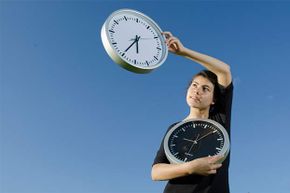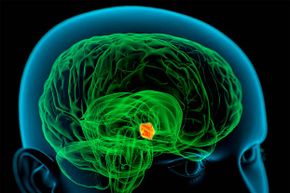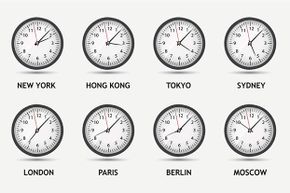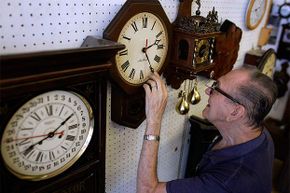Remember that scene in "My Cousin Vinny" where Marisa Tomei says, "My biological clock is ticking likes this" and she starts stomping hard on the floor? When someone says that a woman's biological clock is ticking, it usually means that she actively wants to have a baby and feels time may be short. Scientists debate whether this is a real physiological response from the body as fertility decreases or if it's all in the head [source: Lewin].
While men can feel a biological clock ticking too, it's generally not with the same urgency, as their time to father a child is much longer than a woman's is to have one. At least, that was conventional wisdom. As both men and women are becoming parents at older ages, scientists have discovered that the father's age may have more to do with a child's genetic health than that of his or her mom [source: Carey].
Advertisement
That's just one use of the term "biological clock." Turns out that every living thing – men, women, animals, plants, insects, and algae – all have internal "body clocks" determined by a variety of biological rhythms. These physical, mental and behavioral patterns follow a predictable cycle every day, one that is determined largely by the body's response to light and dark [source: EarthSky]. So why do we have these clocks, and what do they do for us? Here are 10 facts that may surprise you.










